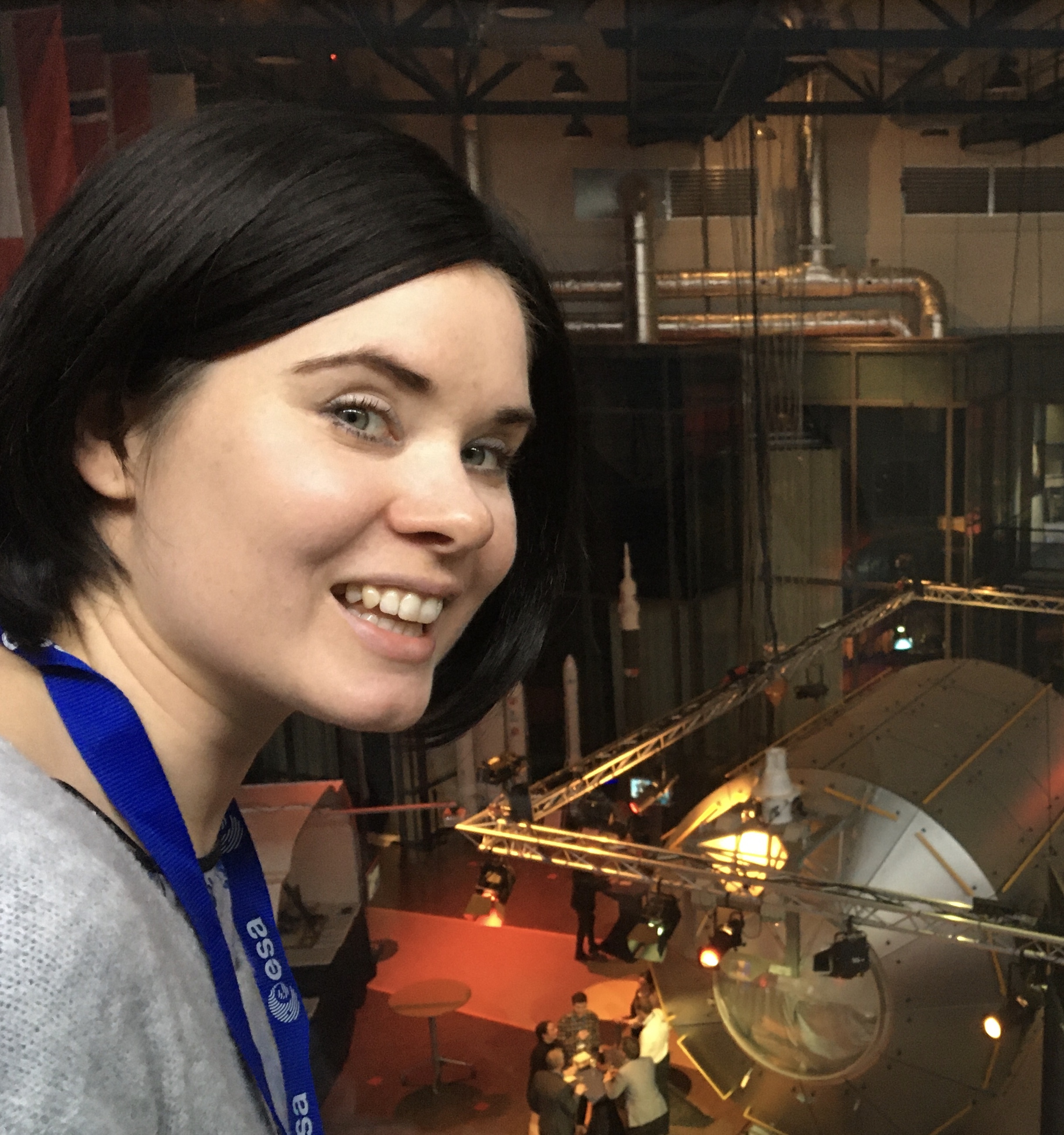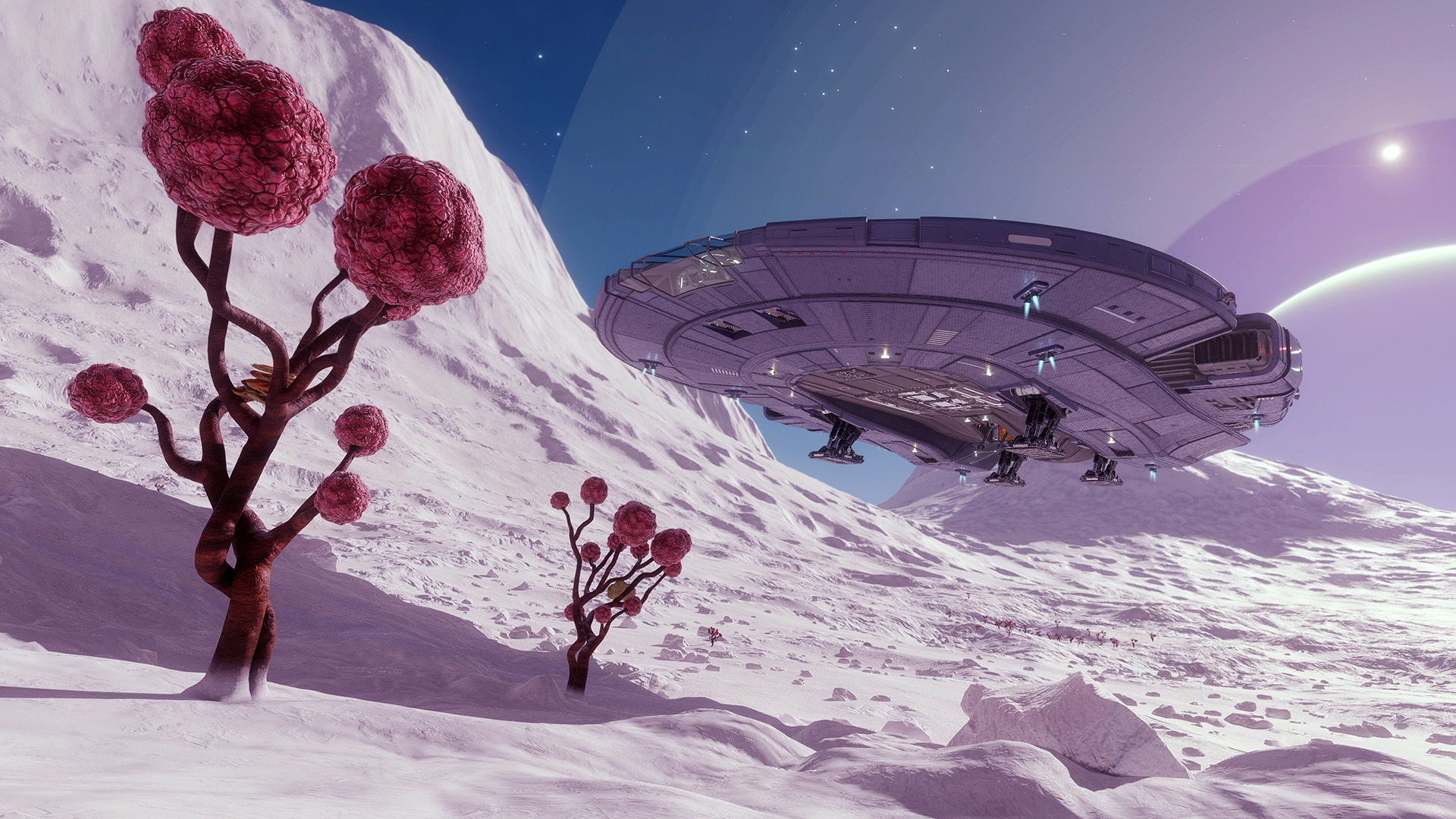NASA astronauts could hibernate on deep space missions thanks to arctic squirrels
The state of hibernation is much more than just sleep.

Researchers are studying hibernating Arctic ground squirrels with the goal of harnessing the benefits of this odd natural state to protect astronauts' health on long-duration space missions.
Hibernation is not just sleep. In fact, it's quite different from sleep. While we sleep, our brains fire up and become highly active; in hibernation, on the contrary, brain activity completely slows down. The body temperature of hibernating animals also drops, in some cases close to the freezing point, cells stop dividing and heart rate decreases to two beats per minute.
Yet, once it's time to wake up, hibernating animals bounce back to life without any substantial side effects. The same, however, can't be said about people who wake up from long-term medical comas, or even those who are bed-ridden for long periods of time. Such people, just like astronauts in microgravity, would suffer from a wide range of side effects that come from not actively using their bodies: Muscle loss, bone loss, organ degradation.
Related: 'Hibernating' astronauts may be key to Mars Colonization
NASA is therefore looking into hibernation research with the aim of developing ways to induce hibernation in future space farers. Recently, the agency has awarded a grant to Kelly Drew, a professor of chemistry and biochemistry at the University of Alaska, Fairbanks, who has studied hibernating animals for more than two decades.
"This research could be used to help future missions, from the extreme of medically induced hibernation for long term space missions, protecting astronauts from cabin fever, ionizing radiation, and much more," NASA said in a statement. "It could also prove effective in preventing muscle and bone loss in zero gravity."
The idea is that rather than having astronauts sit for months in a tiny Mars-bound capsule, consuming food, water and air, and gradually wasting away from not doing much in microgravity, a part of the crew could be placed into hibernation. The hibernating astronauts wouldn't need any food or water and could manage with much less air — yet they would wake up with their bones and muscles in a much better condition than those of their awake counterparts.
Breaking space news, the latest updates on rocket launches, skywatching events and more!
The state of hibernation could also help in the medical setting to help protect patients suffering from life-threatening conditions such as heart attacks and strokes.
"This could mean that patients who have suffered from a stroke or heart attack could be placed in medically induced hibernation to slow their metabolism until they can be transported to a hospital to receive care, which could significantly improve medical outcomes," NASA said in the statement.
Follow Tereza Pultarova on Twitter @TerezaPultarova. Follow us on Twitter @Spacedotcom and on Facebook.

Tereza is a London-based science and technology journalist, aspiring fiction writer and amateur gymnast. She worked as a reporter at the Engineering and Technology magazine, freelanced for a range of publications including Live Science, Space.com, Professional Engineering, Via Satellite and Space News and served as a maternity cover science editor at the European Space Agency.
